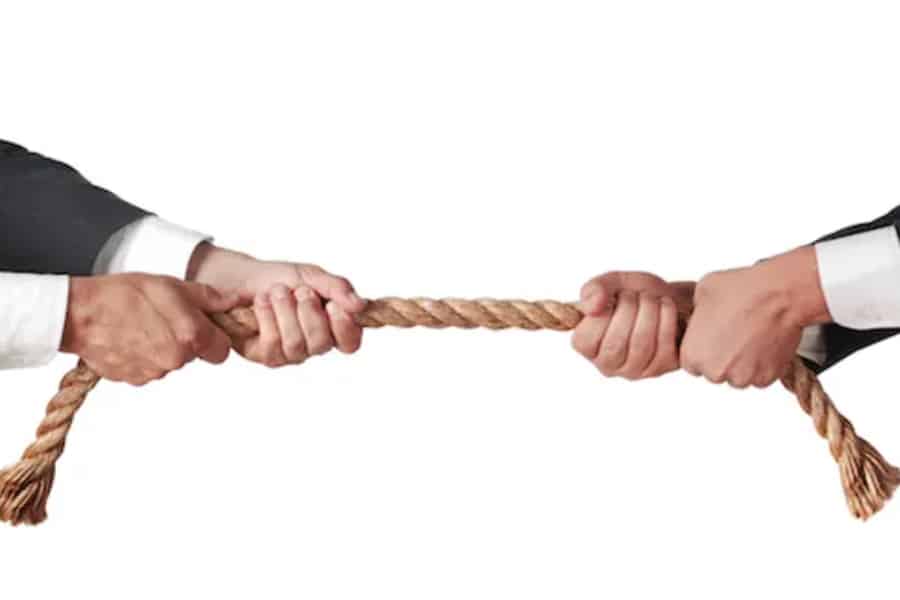Did you know that your credit report could have mistakes that even you’re not aware of? According to a Federal Trade Commission study, approximately 20% of the consumers studied had errors on the report from at least one of the major reporting agencies: TransUnion, Equifax and Experian. Could you be one of these consumers? Take advantage of the free credit report the federal government entitles you to each year and find out. Here is valuable information on what to look for and how to dispute credit report errors.
What Kind of Errors Should I Look For?
While some may have more importance than others, any inaccuracies can affect your credit numbers, which can play a role in determining your creditworthiness to lenders and creditors. According to the Consumer Financial Protection Bureau, the following areas are worth double checking.
• Identity – Verify your name, address, social security number and phone number. This area is where you may find indications of identity theft or incorrect information that belongs to another individual. Names may get mixed up if they’re similar or have Jr. or Sr. after them.
• Account Status – closed accounts still showing as open; reports erroneously listed as delinquent or late; debt listed more than once but with different names and incorrect dates on when the account was opened, or payment was made.
• Data Information –same account but listed multiple times under different creditors or a correction that was not actually entered.
• Balance – incorrect credit limit or current balance.
How to Dispute Credit Report Errors
Fixing errors on your credit report is the responsibility of the creditor who sent in the information and the credit reporting agency, but it must be reported by you. You must submit a report to both the agency and the creditor listing what you believe to be incorrect as well as copies of documentation proving the information. You must include your name, address and all pertinent information.
Send the information certified mail “return receipt requested” so you know they received the news. Agencies typically correct the mistake within 30 days unless they feel change is unnecessary. Once the change is made, they’ll send you a free copy of your report, which does not count as one of your annual free reports.
Get Your Free Copy to Dispute Credit Report Errors
Checking your credit report will not only help you find mistakes but can also make you aware of possible identity theft as early as possible. The sooner you’re aware of the problem, the quicker you can get it fixed. It’s effortless to get your free copy online. You also have the choice of which agency’s report you want to view. To dispute credit report errors you simply need to fill out a simple online form and specifying which statement you want.
Conclusion
An inaccurate credit report can affect you in many ways and cost you extra money. This can result in paying more in interest than they should or being overcharged on auto loans, credit cards, insurance premiums and various other financial obligations. The best way to know your information is correct is to get your free report. If there are mistakes, dispute credit report errors as soon as possible and verify that they get corrected.



